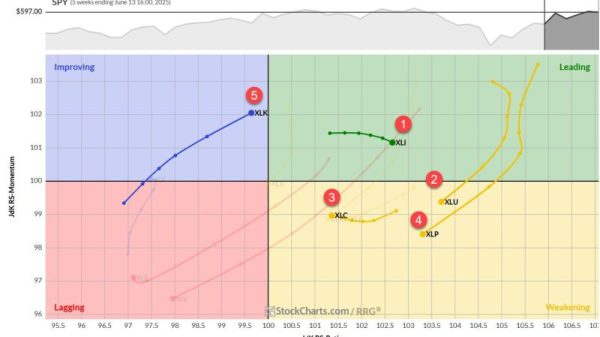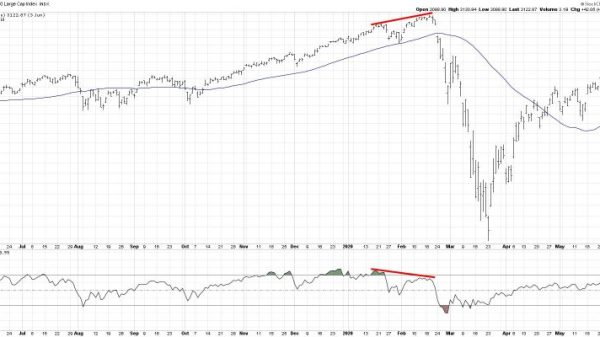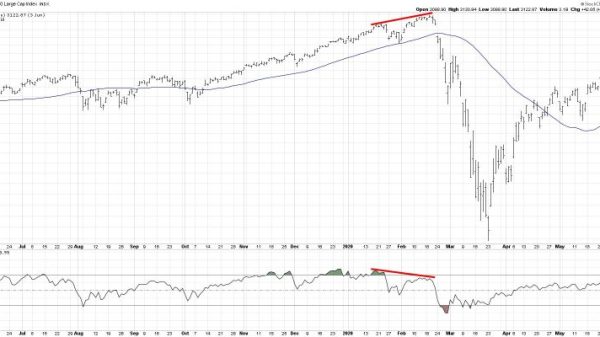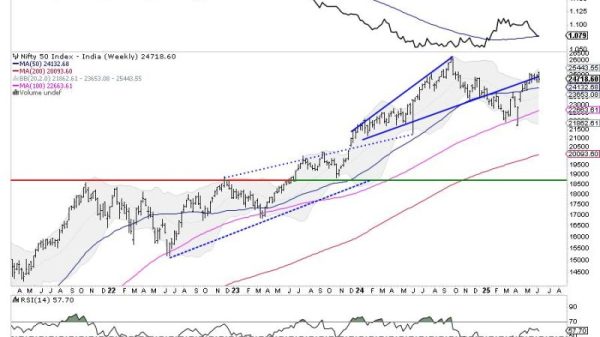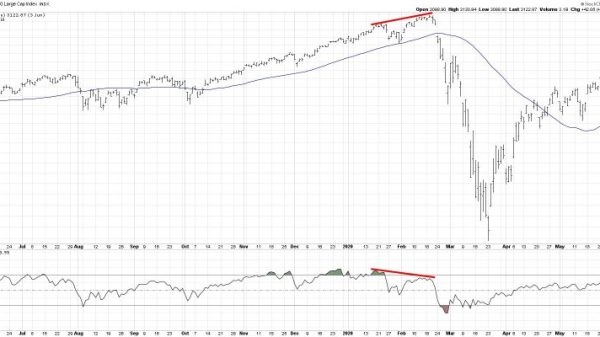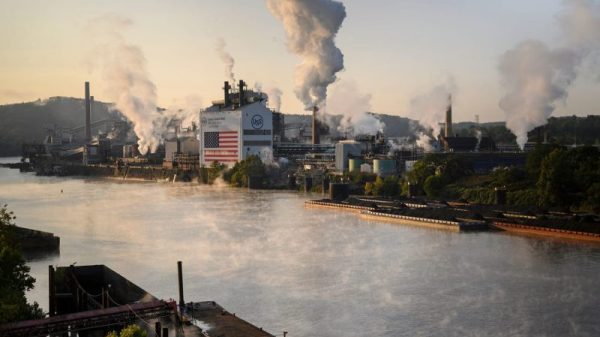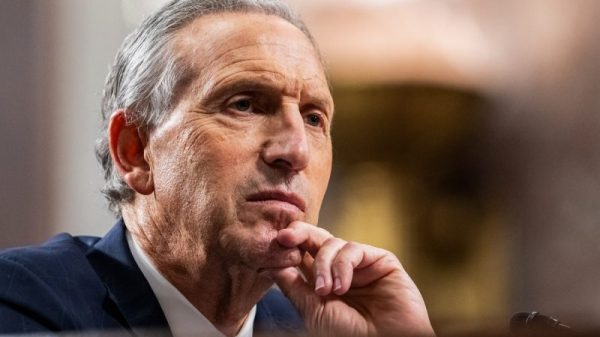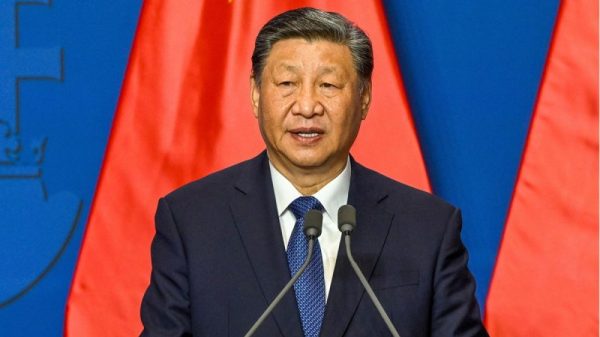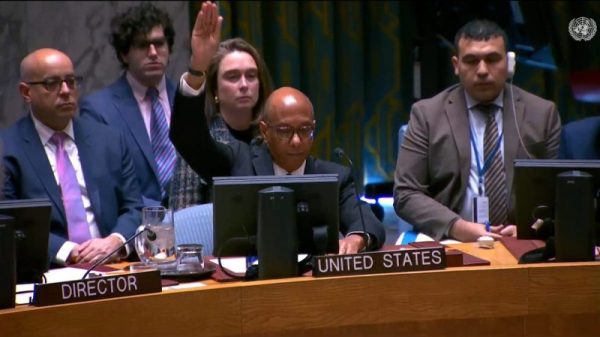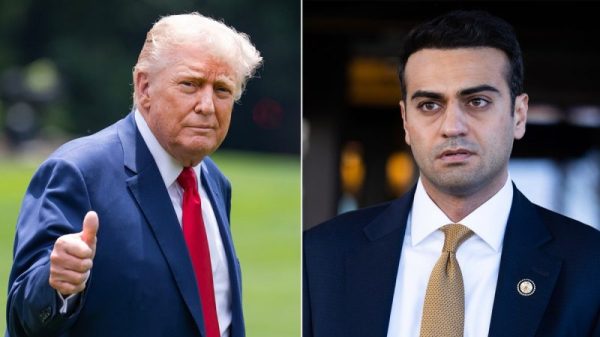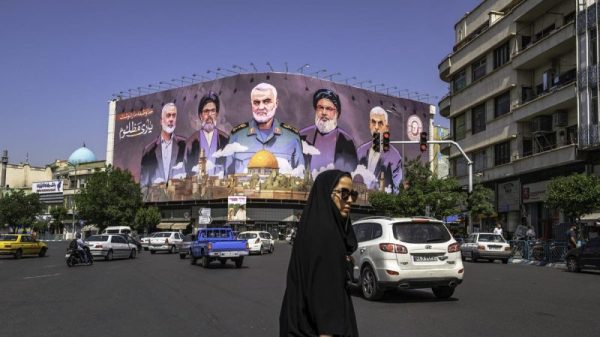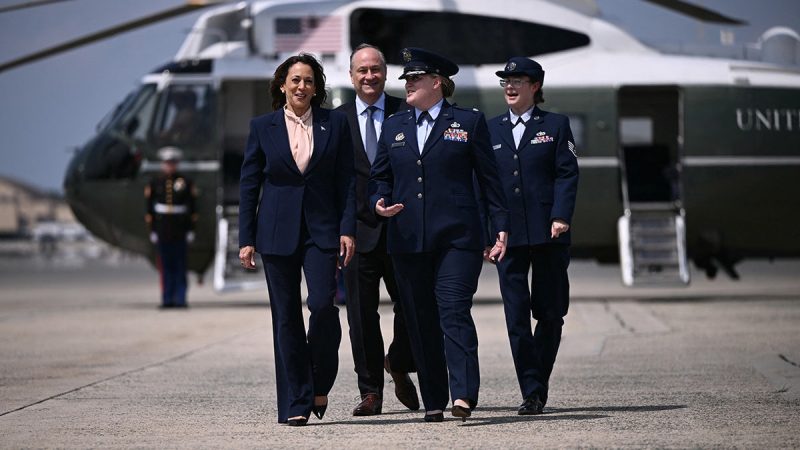In the current political landscape, the possibility of a Kamala Harris presidency raises diverse reactions and speculations among voters. Harris’s ascent to the position of Vice President marked a significant milestone, making her the first woman, first Black woman, and first person of South Asian descent to hold this office. However, despite this historic achievement, the prospect of Harris assuming the highest office in the nation provokes a range of questions and uncertainties about what a potential Kamala Harris presidency could entail.
One key aspect that voters may consider is Harris’s policy stance on various critical issues. Throughout her career, Harris has been vocal about her positions on criminal justice reform, healthcare, climate change, and immigration. As a former prosecutor and Attorney General of California, Harris has faced criticism for her past decisions that some perceive as being overly punitive. However, Harris has also advocated for progressive policies such as Medicare for All and comprehensive immigration reform, aligning herself with more left-leaning elements of the Democratic Party.
Another factor that could influence perceptions of a Kamala Harris presidency is her leadership style and approach to governance. Harris is known for her assertiveness, intelligence, and ability to communicate effectively, traits that have garnered both praise and criticism. Some view her as a strong and capable leader who can effectively navigate complex political challenges, while others see her as overly cautious or politically expedient in her decision-making. How Harris would wield executive power and navigate the intricacies of the presidency remains a topic of speculation and debate.
Additionally, the dynamics of a potential Kamala Harris presidency would undoubtedly be shaped by the broader political context in which she would govern. Harris would inherit a deeply divided nation grappling with the ongoing challenges of the COVID-19 pandemic, economic recovery, racial injustice, and climate change. The effectiveness of her administration would hinge not only on her policies and leadership but also on her ability to build consensus, bridge divides, and enact meaningful change in a highly polarized political environment.
Ultimately, the question of how bad a Kamala Harris presidency could be is contingent on a myriad of factors, including her policy decisions, leadership style, and the external challenges she would face. While some may view a Harris presidency with optimism and hope for progress on key issues, others may harbor concerns about the potential pitfalls and challenges that lie ahead. As Harris continues to serve as Vice President and chart her political course, the discussion around the implications of a potential presidency will likely evolve, reflecting the complexities and uncertainties inherent in the highest office in the land.

